Researchers discover that a Parkinson’s drug, procyclidine, can reduce physical nicotine withdrawal symptoms, such as tremors and immobility.


Researchers discover that a Parkinson’s drug, procyclidine, can reduce physical nicotine withdrawal symptoms, such as tremors and immobility.
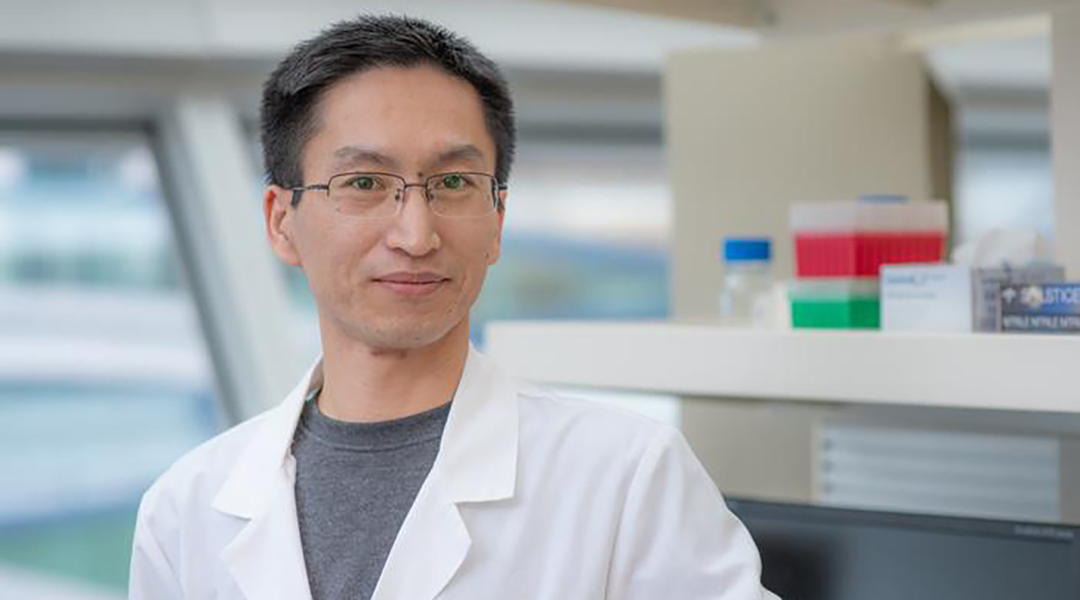
Scientists delve into how repairing dysfunctional brain circuits in Parkinson’s can offer another path forward for new treatment strategies.
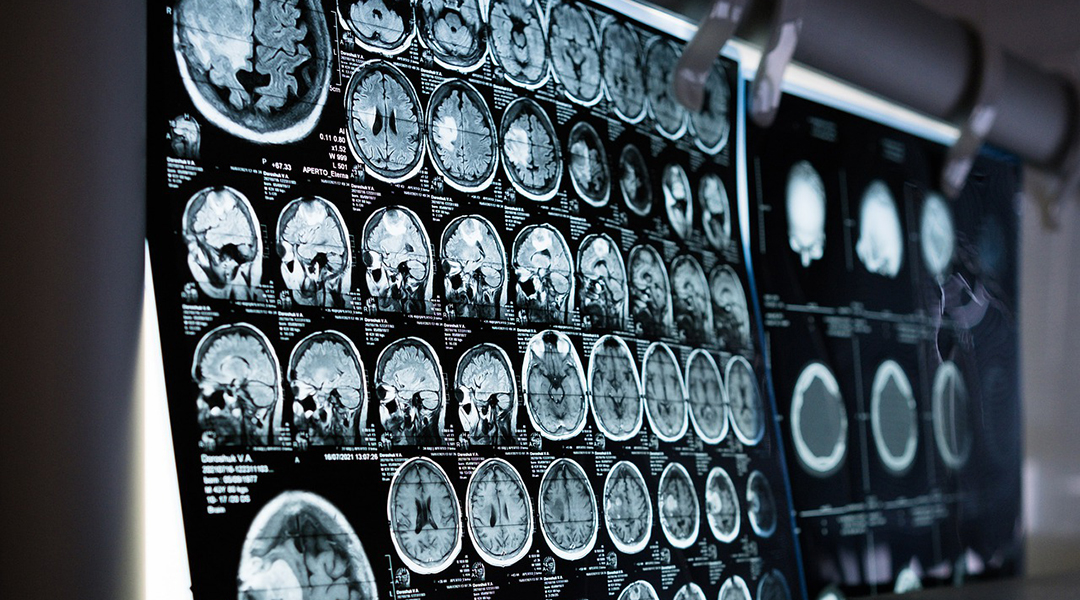
Researchers in Shanghai report a potential therapeutic based on Prussian blue to tackle Parkinson’s disease.
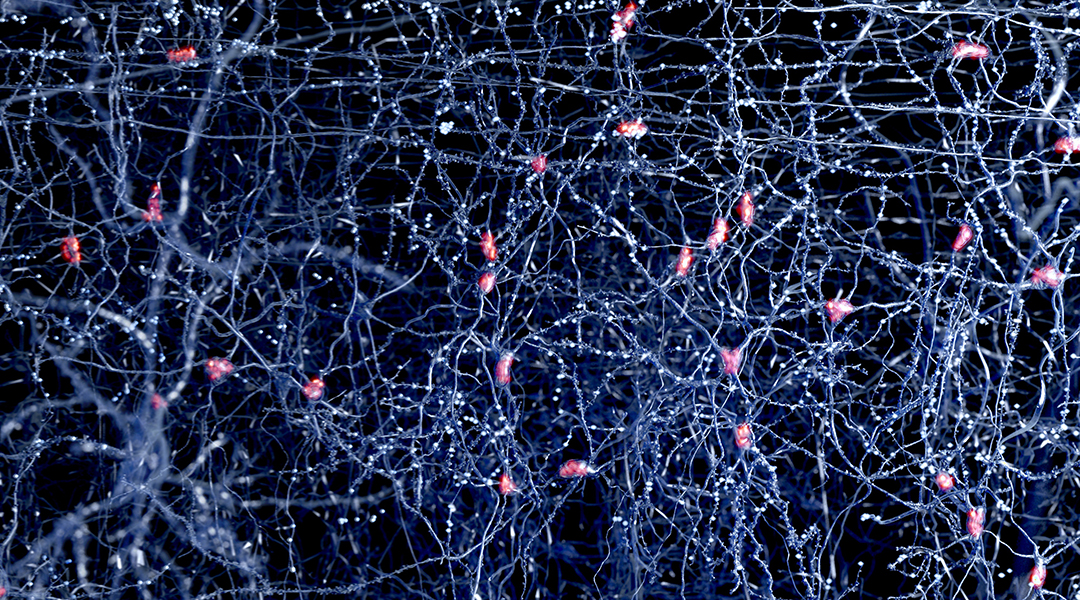
A new type of hydrogel could radically transform a novel stem cell treatment for Parkinson’s disease.
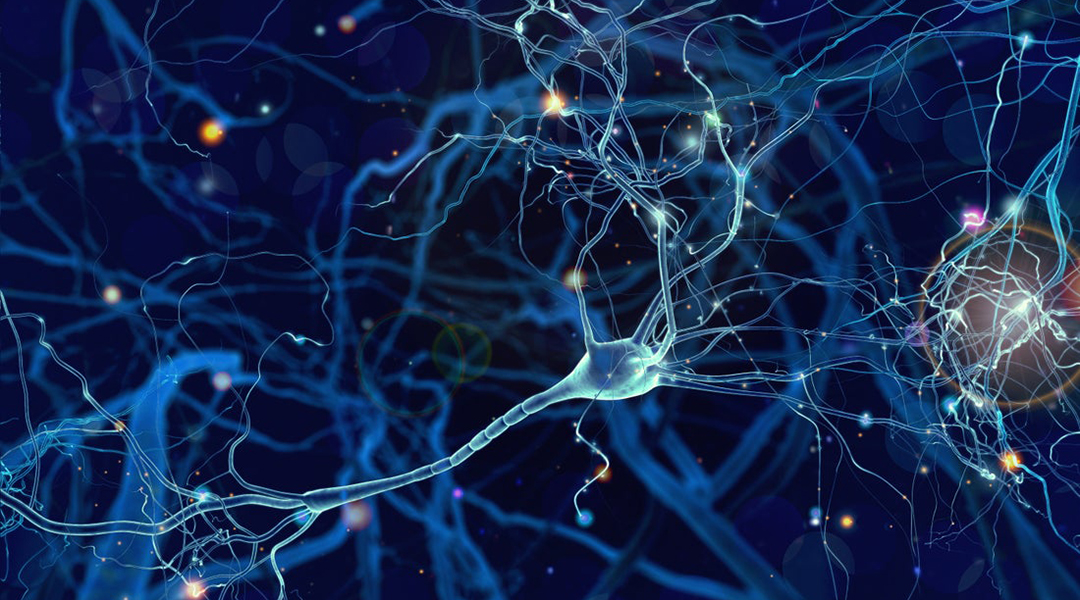
A new study provides hope for Parkinson’s disease, showing that neuron grafts using patients’ own cells have the potential to manage and even reverse symptoms.
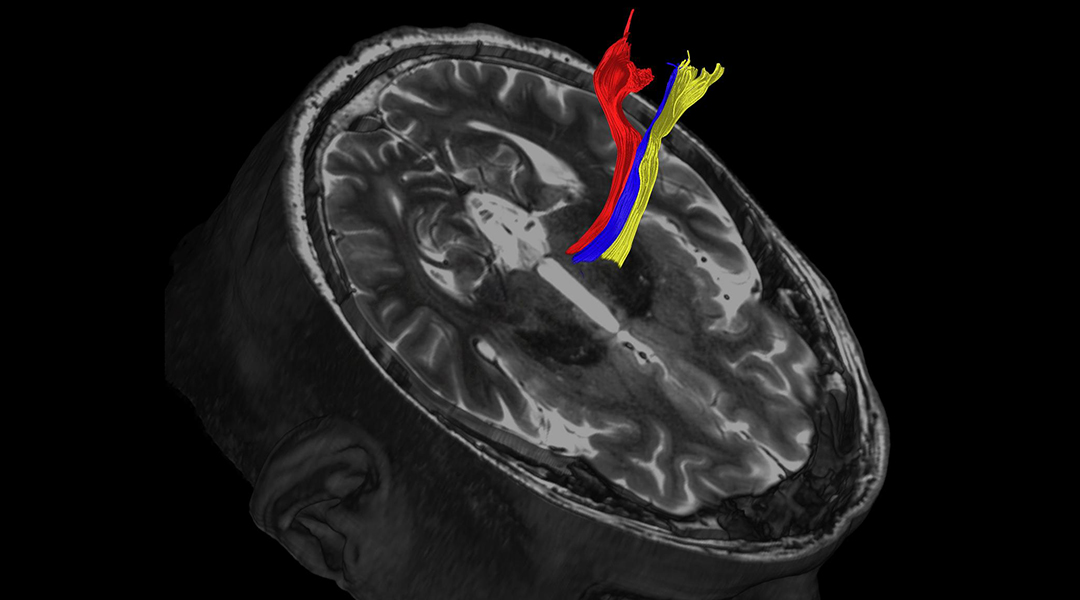
Advanced MRI scans may improve treatment of tremors in patients with Parkinson’s disease.

There is an urgent need to replace fossil-derived plastics with biodegradable alternatives but do they solve microplastics’ health issues?
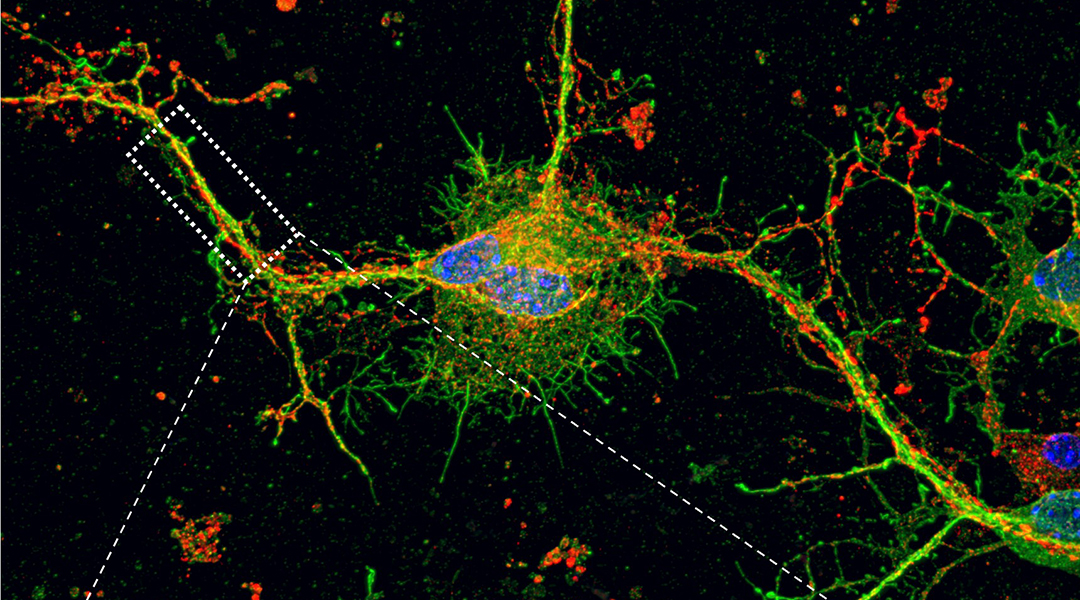
High levels of nitric oxide, a signaling chemical in the brain, appear to contribute to the behavioral deficits observed in autism.
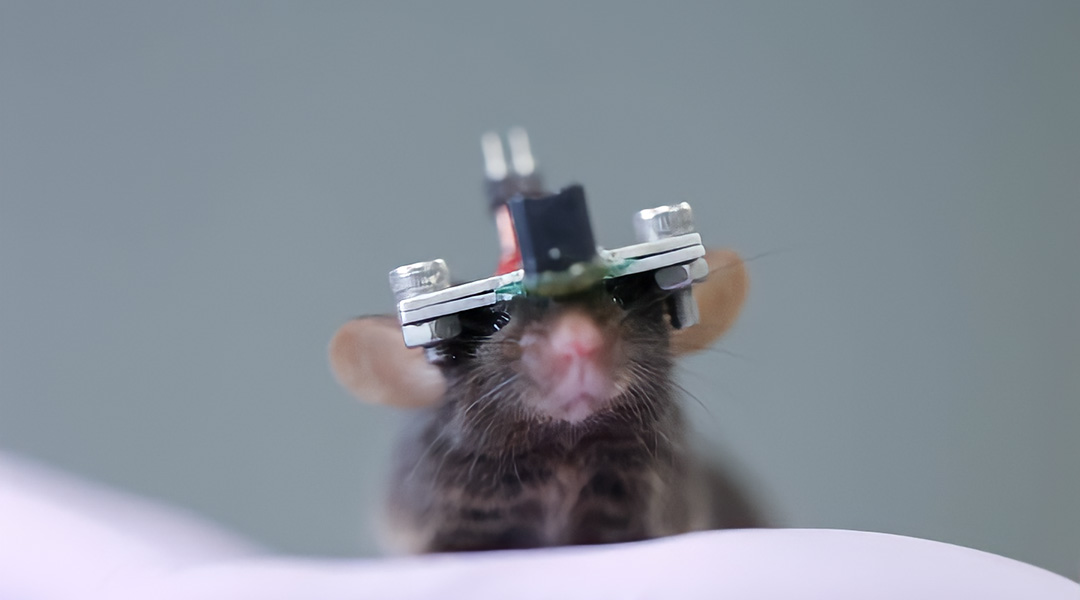
Ultrasound therapy, which stimulates neural pathways, just became easier to evaluate, opening the door for better clinical data.
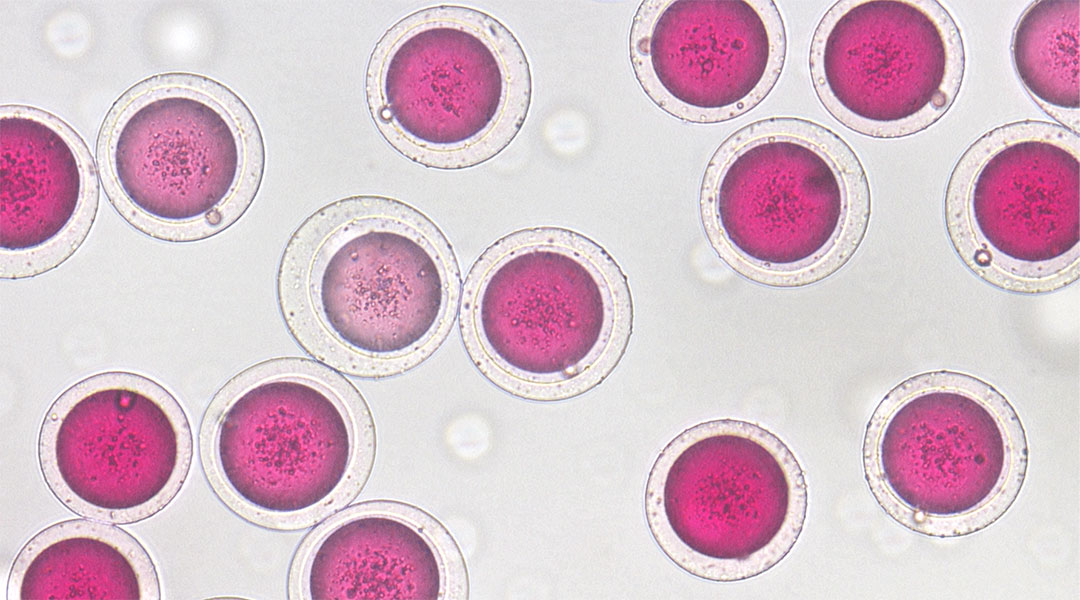
Check out atomic glimpses of graphene ribbons, double bubble microspheres, and a solar evaporator made from bone.